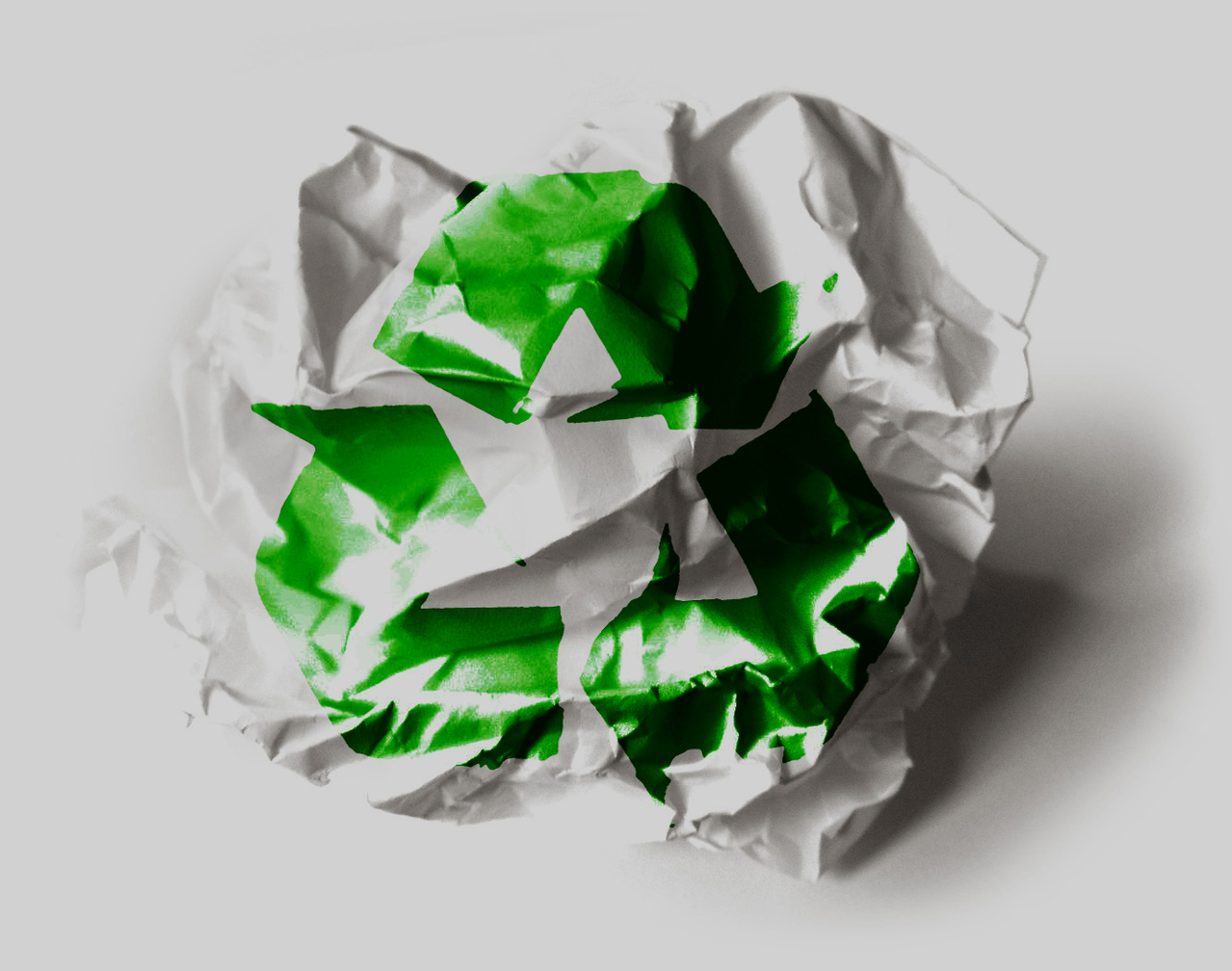Originally published in USA Today
Debilyn Molineaux, USA Today
As I think about the things that divide us, I am reminded of a conversation I had with a longtime friend.
Over the decades we’ve known each other, we have grown apart. In fact, we are very different people now from when we first met. She lives in Boise, Idaho, and has transformed from a “wild girl” to a Pentecostal Christian, business owner and Trump supporter.
I live in Oregon and Washington, D.C. I work in politics. I am not religious, but meditate regularly. I run a nonprofit. On the surface, we are both middle-aged women with fair skin. We communicate infrequently, mostly when I’m driving through Boise.
When I saw her this spring, we sat down for a four-hour visit. We went deep. She recounted how her kids rolled their eyes when she spoke about things she cared about — such as God and politics. She was subjected to a two-hour rant by her youngest son, after which he stormed out and didn’t return for two years. During the rant, she felt the grace of God; she was protected and confident that Christ would reveal himself to her son at the right time — not on her time.
She experienced both peace and pain in that encounter. Despite her religion’s commitment to proselytizing, she decided not to do so in the future. Our conversation continued as we explored our differences of opinion on abortion, the media and the president. I learned about teachings from Revelations, which provide hope that the president is the imperfect messenger and that the rapture is near. As we parted, I asked to keep our lines of communication open. She started to cry quietly. I asked about her tears, and she replied, “My opinion matters to you.” https://5ac76d7d70991d4bb9ce43ed02ef2df0.safeframe.googlesyndication.com/safeframe/1-0-37/html/container.html
Why were we able to connect across our differences? Because I’m not easily triggered, and I did not try to trigger my friend. Because I didn’t feel the need to “win” or “score points” in our conversation. I was willing to listen to her beliefs, despite my discomfort. And while I didn’t change my mind, I left with a better understanding of how totally opposite perceptions about which leaders are good and which are bad does not make us better or worse people. As I continue to connect with a wide network of diverse friends, I find hope.

Yet, we have good evidence today that polarization, distrust and disillusionment, along with corruption and greed, have usurped the public interest. Our shared narrative is extinct, and the forces of authoritarianism are rising. Without well-placed trust in each other and our institutions, the entire democratic political ecosystem could soon be dead.
Civil conversations: Engage in thoughtful discussions about vital issues
Ecosystems were first identified as living networks in nature that shape us as we reshape them. But what if we are part of many ecosystems? A natural ecosystem. A communal ecosystem. A political ecosystem.
And what if these three ecosystems are simultaneously undergoing massive transformation? Consider only three indicators of ecosystem distress and potential transformation: climate change (natural ecosystem), epidemic levels of loneliness (communal ecosystem) and authoritarian uprising (political ecosystem).
I’ve worked in the “democracy ecosystem” for about five years, and our connective tissues for governance have become endangered.
We still have time to save democracy
Is it too late? I don’t think so. I also don’t think recovery to a former state of balance is possible. The only direction is forward. I choose to focus on developing conditions for a transformed democracy ecosystem, where the ideals of our founders are preserved. Where we begin to pay attention to the connective tissues of trust, assumption of good intentions and integrity of public institutions.
To start, we should take a long look at ourselves and our role within a democratic political ecosystem. Who do we, the people of the United States, want to be? What oath are we willing to take to create the healthy self governance we desire?
Will you commit to participate in a healthy way? Are you open minded to opinions that differ from yours? Do you work within a diverse group to solve problems?
We must practice generous listening
Many programs are available for you to practice listening and to learn new skills — to become our best selves. One of my favorites is Living Room Conversations, which is used in churches, libraries, schools and yes, living rooms. A church in Boise, with the help of Living Room Conversations, tackled the issue of abortion, and it transformed how the congregation interacts with one
Within these personal interactions, we can tend to the connective tissues of our democratic political ecosystem. As we increase trust in each other, we assume good intentions and our institutions align to our national values, healing happens. But it starts with each of us and those with whom we interact.

